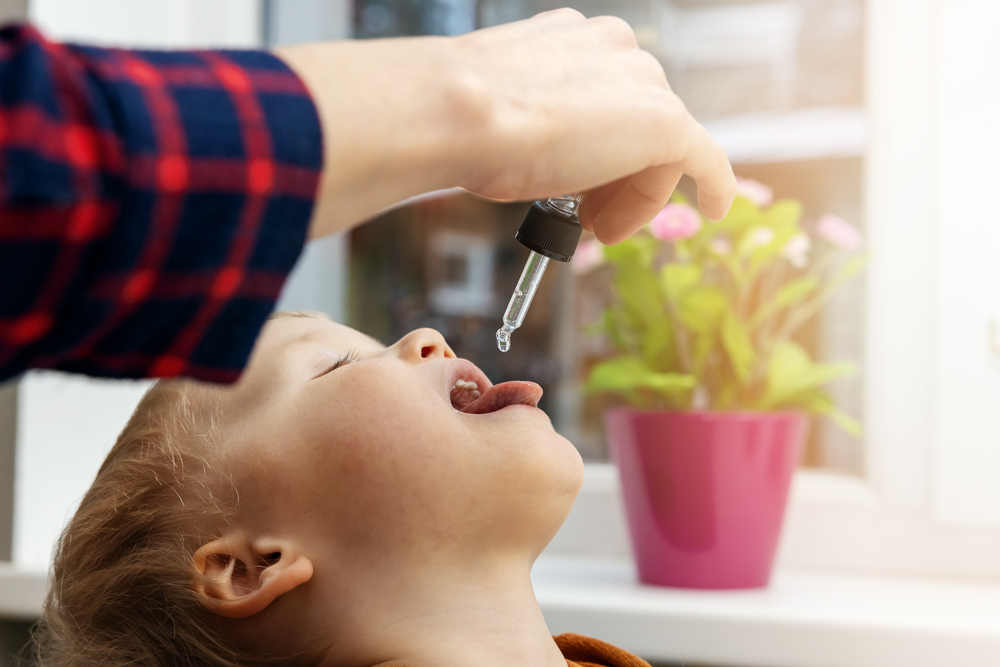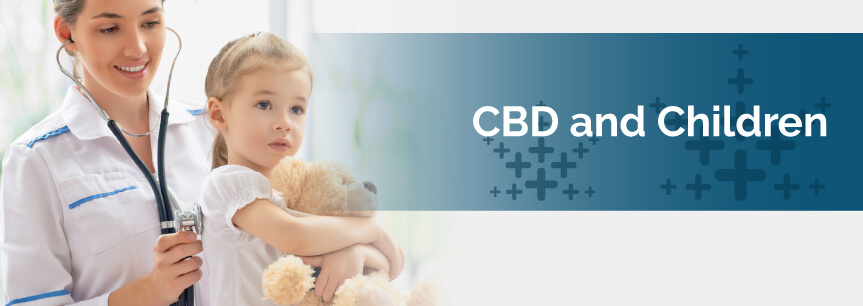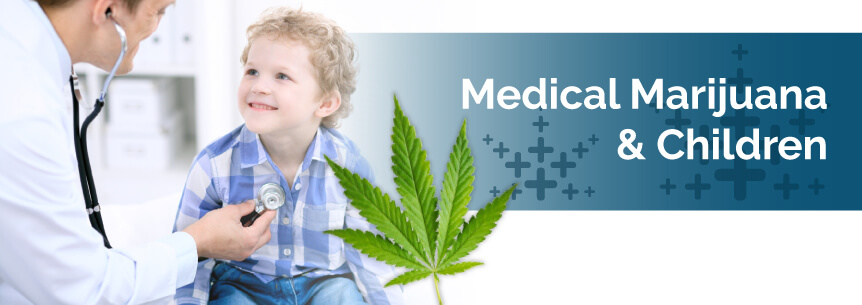When you are a child with a rare disease or chronic health condition, round-the-clock care is the norm. And that includes when the child is attending school offsite or outside the home. Medical cannabis at school can be contentious. And for caregivers of children with a card for medical marijuana, it presents new levels of challenge.
Even if you reside in a state where medical marijuana is legalized and your child is a registered cardholder, schools can block dosing onsite. It is up to the local ordinances and the school district’s policies to determine if children can receive medical marijuana on school grounds. And during regular school hours.
Should schools be allowed to block parents from administering much-needed alternative medicine to their children? Some schools have been proactive or early adopters of a secure but flexible policy that puts the child’s healthcare needs first. At the same time, other schools have moved to ban medical cannabis, forcing parents into a problematic daily exercise of removing their child at lunch to administer treatments.
Does a Prohibition on Medical Cannabis on School Grounds Still Make Sense?
The zero-tolerance policy for drug possession and use at educational institutions is easy to understand. But in the past ten years, what we know about medical marijuana has changed significantly. The FDA recently approved America’s first cannabis-derived drug for moderate to severe epilepsy. Cannabis allows kids with otherwise debilitating health conditions to realize a better quality of life and symptom relief.
But epilepsy is just one diagnosis or condition where children may need to receive a medicinal dose of cannabis during the day. While on school grounds. And parents can experience great difficulties administering medical cannabis, depending on the policies set by the school district.
Some of the other common diagnoses that impact children and allow parents to authorize therapeutic medical cannabis treatments include:
- Tourette’s Syndrome
- Muscular Dystrophy
- Chronic Pain
- Cancer
- Autism
- Asperger’s Syndrome
- Obsessive-Compulsive Disorder (OCD)
For children with chronic or rare diseases, managing symptoms is about minimizing discomfort throughout the day. Cannabis may help children with chronic pain recover mobility and reduce (and sometimes remove) barriers to learning.
It’s challenging to focus in the classroom when symptoms are not well managed. By providing approved medical cannabis tinctures or capsules at school, children can benefit from reduced social and academic experience obstacles.
Why Children May Need a Metered Cannabis Dose During the School Day
High-potency cannabis can significantly impair the cognitive development of children. Some studies suggest that the use of cannabis can negatively impact brain development (which continues to approximately age twenty).
For this reason, most states with legalized medical cannabis programs have a low-THC requirement for children. This is to provide the therapeutic benefits of cannabinoids while lowering the developmental risks for minors. Low-potency THC also minimizes the psychoactive properties of medical cannabis to prevent children from feeling tired or intoxicated.
A low-THC dose may consequently have a shorter window of efficacy. It’s not as strong, so it may not last as long to provide symptom relief. That means a more frequent dose schedule to ensure a sustained level of cannabidiol and cannabis to help moderate symptoms.
The Right to Have Medicinal Marijuana and the Individuals with Disabilities Education Act (IDEA)
There are many reasons why an educational institution would prohibit Schedule I drugs on school grounds. Naturally, the first fear is that students with drugs that could be abused recreationally could pose a safety threat to their peers. The zero-tolerance policy for drugs is in place to protect kids from dangerous or addictive substances.
But medical cannabis administered in metered doses is a lot different than a teen heading to school with a few joints or a vape. A highly controlled structure is provided in schools that have successfully adopted best-practice guidelines for parents and students with special health needs.
Schools that allow dosing of medical cannabis onsite can:
- Provide secure labeled storage of cannabis oils and tinctures, tablets, or capsules for the child.
- Provide a sign-in and sign-out or digital tracking method that can be updated by the school nurse when a dose has been administered. With health information exchange (HIE), the HIPAA compliant patient medical record (PMR) system can be shared with the parent, pediatrician, and primary care provider to track regular doses.
- Be aware of and observant of any adverse reactions. In the same way, teachers know which students are taking medications and are trained to watch for side effects.
In the Individuals with Disabilities Education Act (IDEA), Section 504 of the Rehabilitation Act, the right to take medications exists. However, when parents in New Mexico tried to use IDEA as grounds to protect dosing medical cannabis at school, it was struck down. And the New Mexico Supreme Court in 2019 said that schools retain the right to ban cannabis (in all forms) from school property.

What Does an Average Day Look Like When a School Does Not Allow Medical Cannabis
While dosing needs vary by patient, many parents will provide a single dose at home in the morning. And then, at lunch, visit the school or have a medical professional onsite administer an approved dose of cannabis tincture or capsule. A midday dose can provide symptom relief until the child returns home after the school day.
When schools prohibit the administration of medical cannabis on school property, it creates a problematic situation for the parent or guardian. They must visit the school (likely on a lunch break) and remove the minor from the premises. Some parents may administer a dose of tincture in their vehicle, or others may return home with their child to provide it. And then drive their son or daughter back to school.
Multiply that exercise by twenty times per month. You can see why so many parents are interested in changing federal laws to allow schools to permit onsite administration of medical cannabis for cardholding students.
Why Are Educational Administrators Really Against Dosing Cannabis at School?
Many schools have a healthcare professional on-site (school nurse) for safety and liability purposes. A board-certified RN, and in some cases a Nurses Aide, may be legally permitted to provide a dose of medical cannabis to a student. In accordance with directions provided by a parent and primary care provider (PCP).
Facilitating a midday dose of 1-2 drops of a tincture or a capsule would not present a big problem for most schools. Other types of prescription medications for students are safely stored and administered by an authorized health assistant. The problem is not logistical for schools; they have a system in place.
While cannabis remains a federally prohibited drug, there can be consequences for schools that allow onsite dosing on Schedule I of the Controlled Substances Act. Some Colleges and Universities in the United States that moved to permit medical cannabis on campus were threatened with a loss of funding.
Educational institutions fear losing federal funding if they create a policy that contradicts the Controlled Substances Act. Even when medical cannabis has been state legalized. There is also a concern about child health and safety. Some parents who have legally administered medical cannabis to their children (under doctor guidance and supervision) have reported family protection services.
Federal Decriminalization of Cannabis Could Solve the Problem
Between the two main concerns regarding dosing medical cannabis, some schools simply ban it outright. And that puts parents and their children in a position of deciding whether to cope with untreated symptoms during the school day or an ongoing schedule of parental visits on lunch breaks to administer the dose off school property.
However, the MORE Act, the Marijuana Opportunity Reinvestment and Expungement Act may deschedule cannabis from the Controlled Substances Act. More schools will feel legally confident to provide medical cannabis accommodations for students and their families if that happens.
Featured Image: ronstik | Deposit Photos





